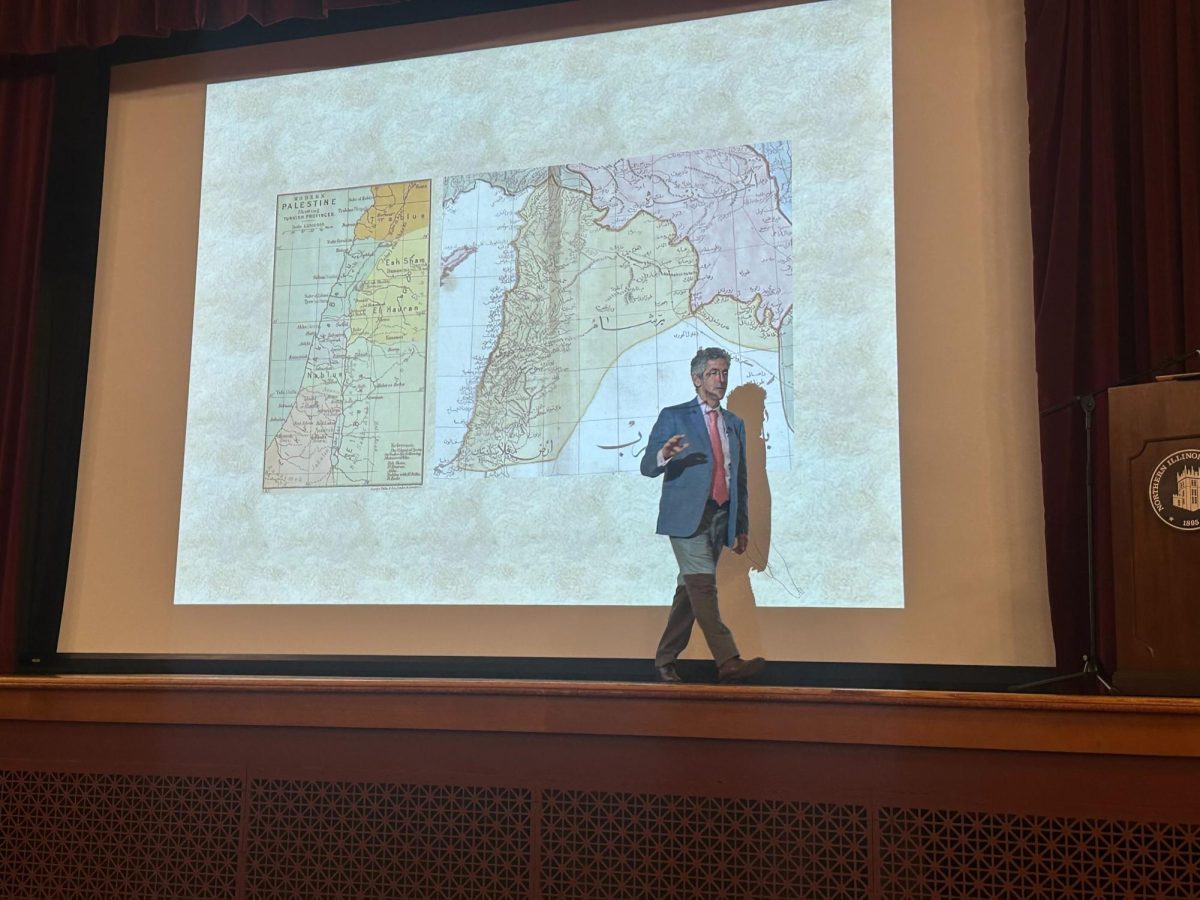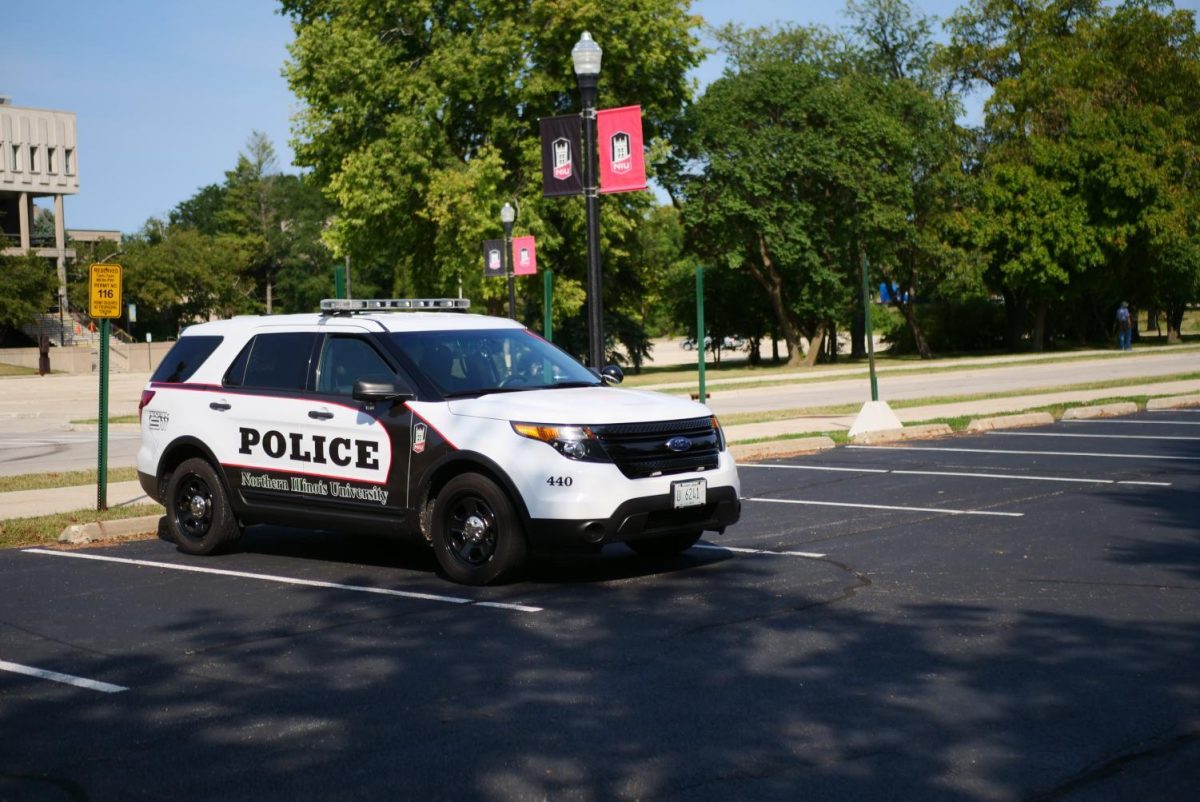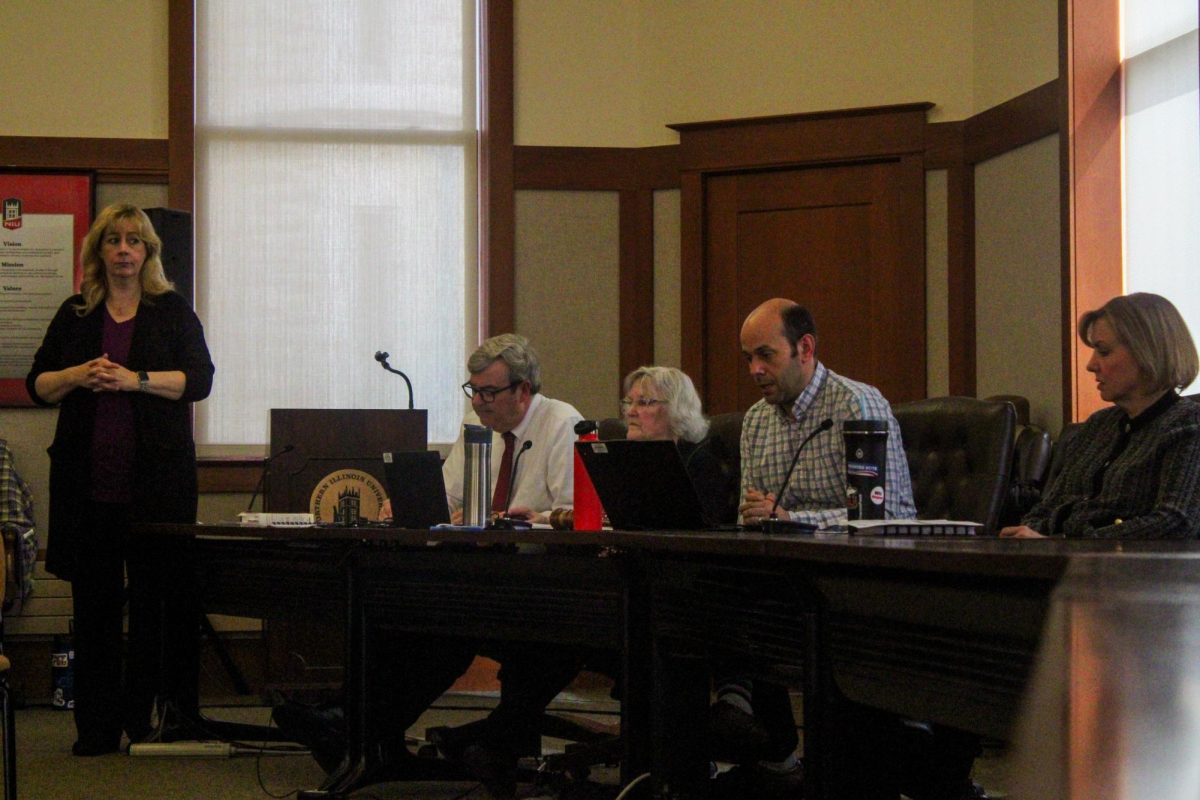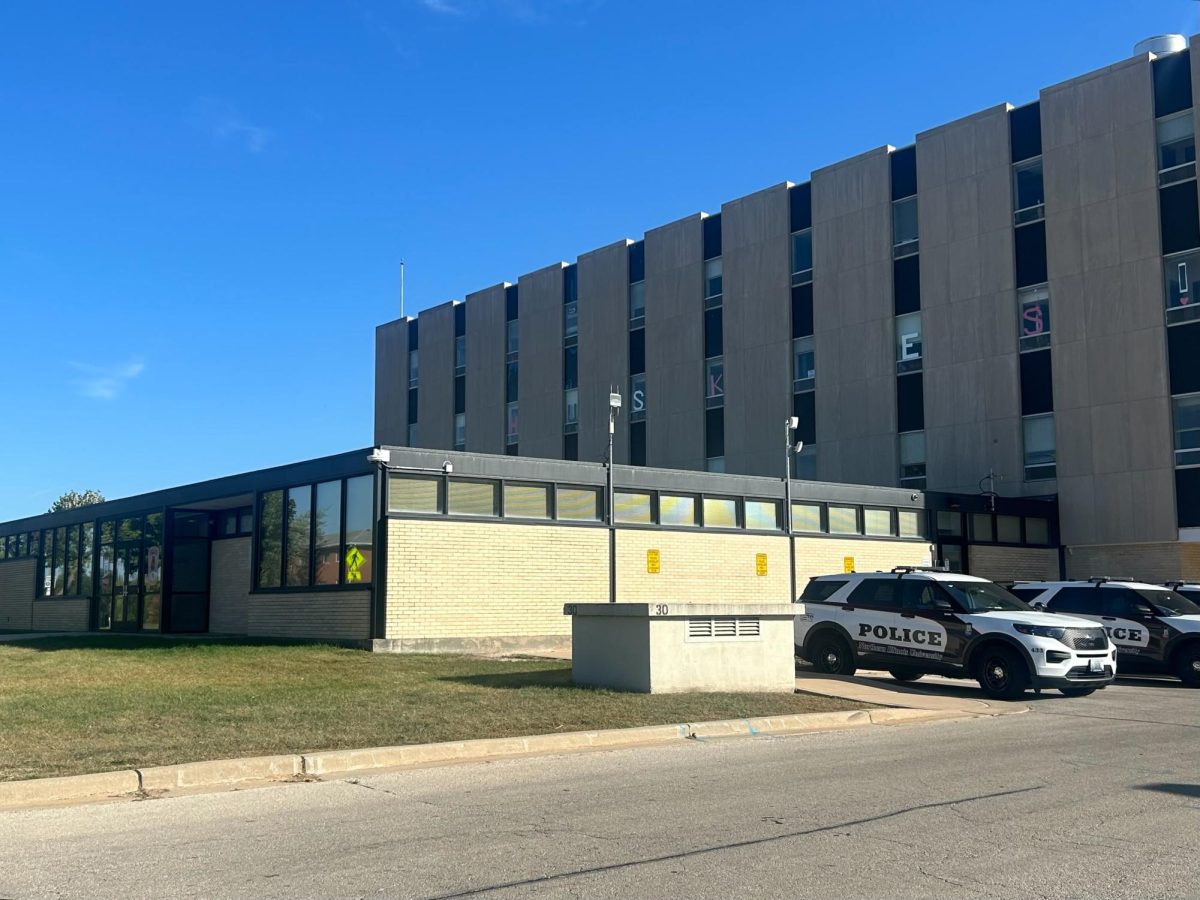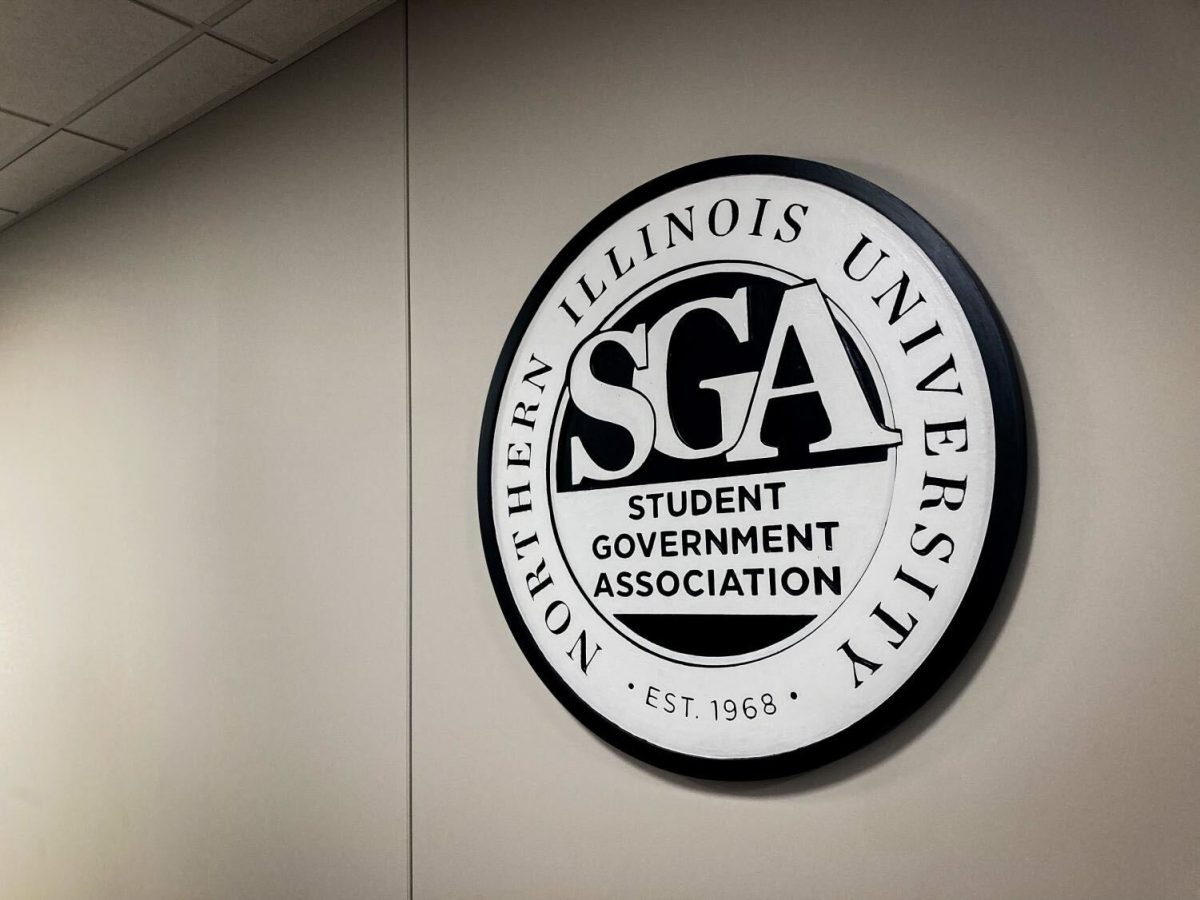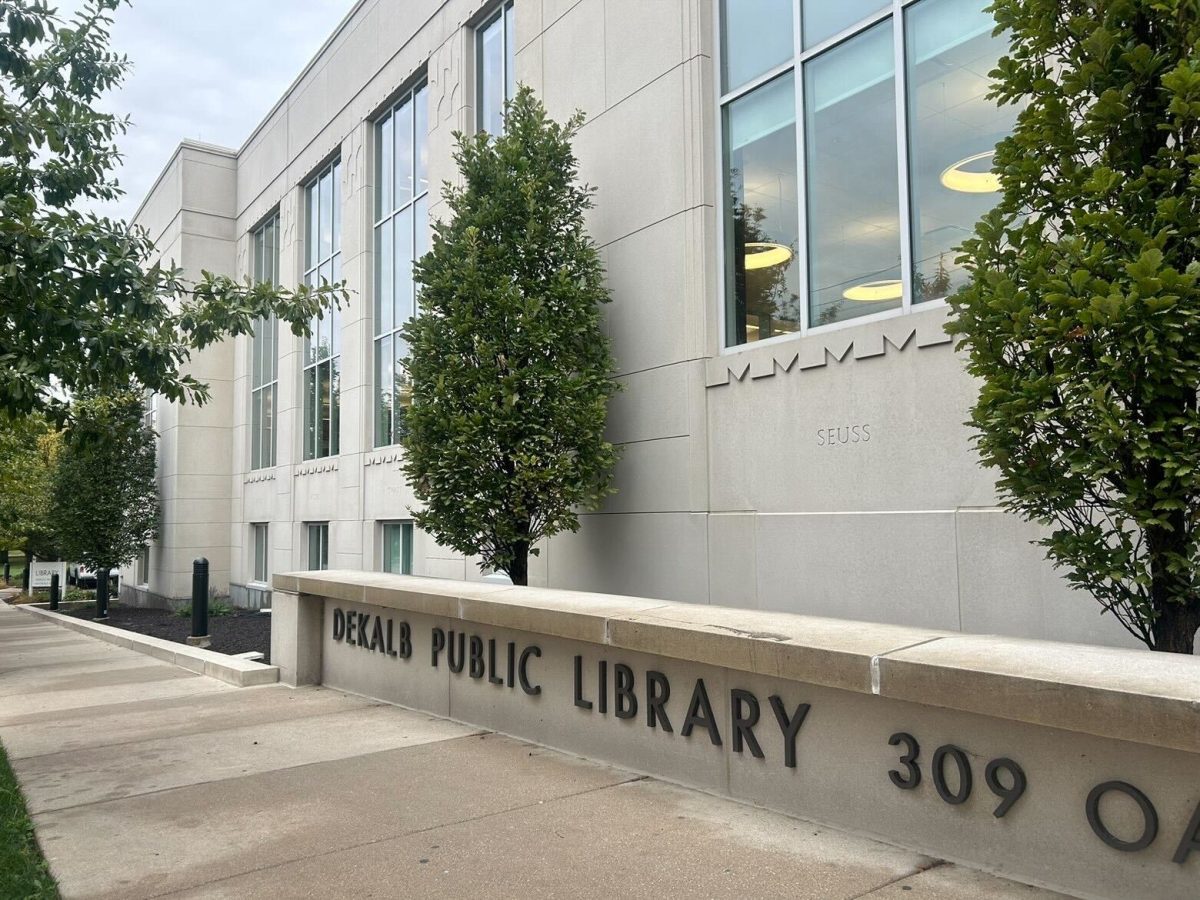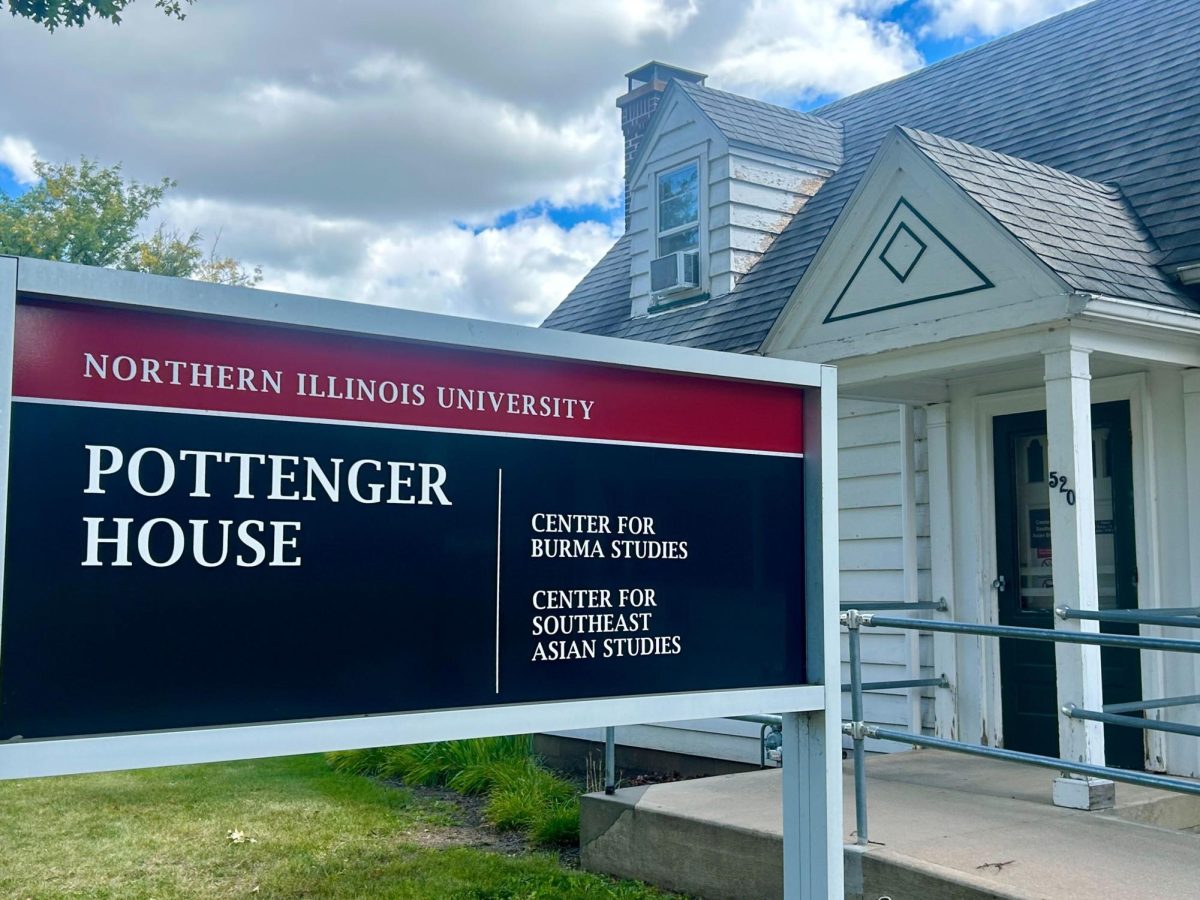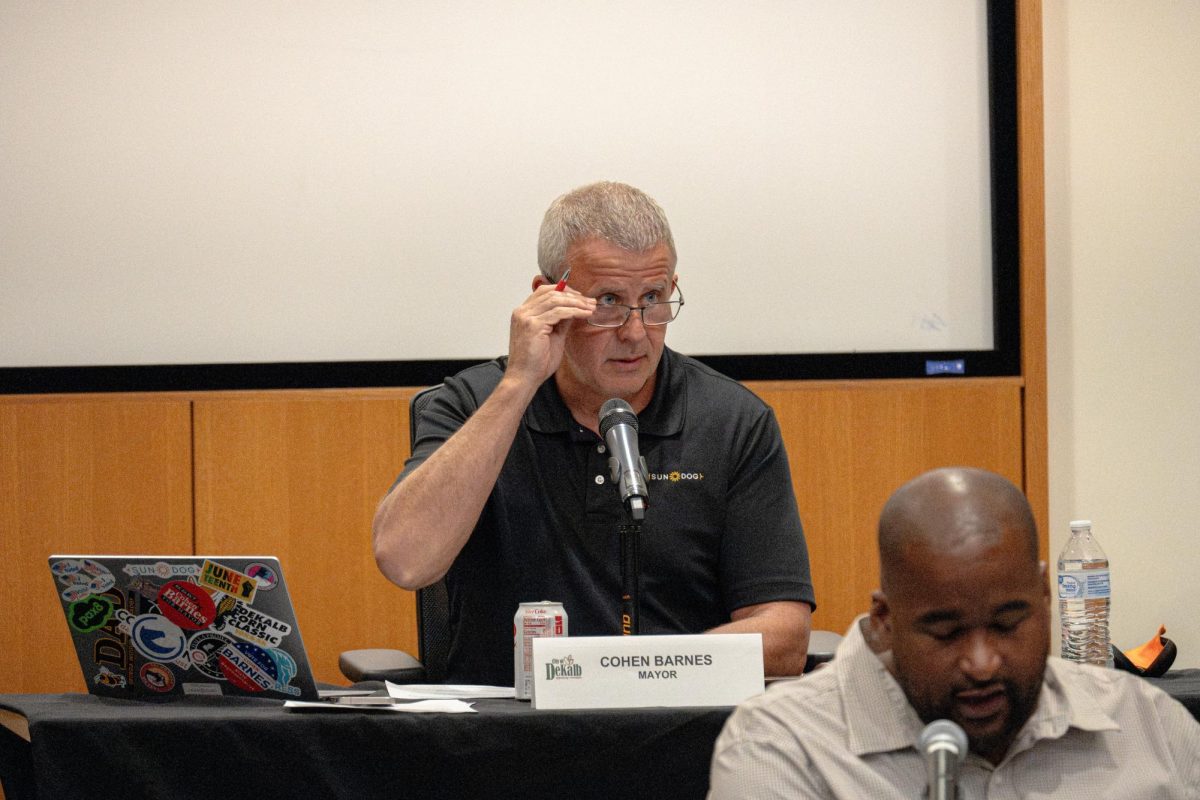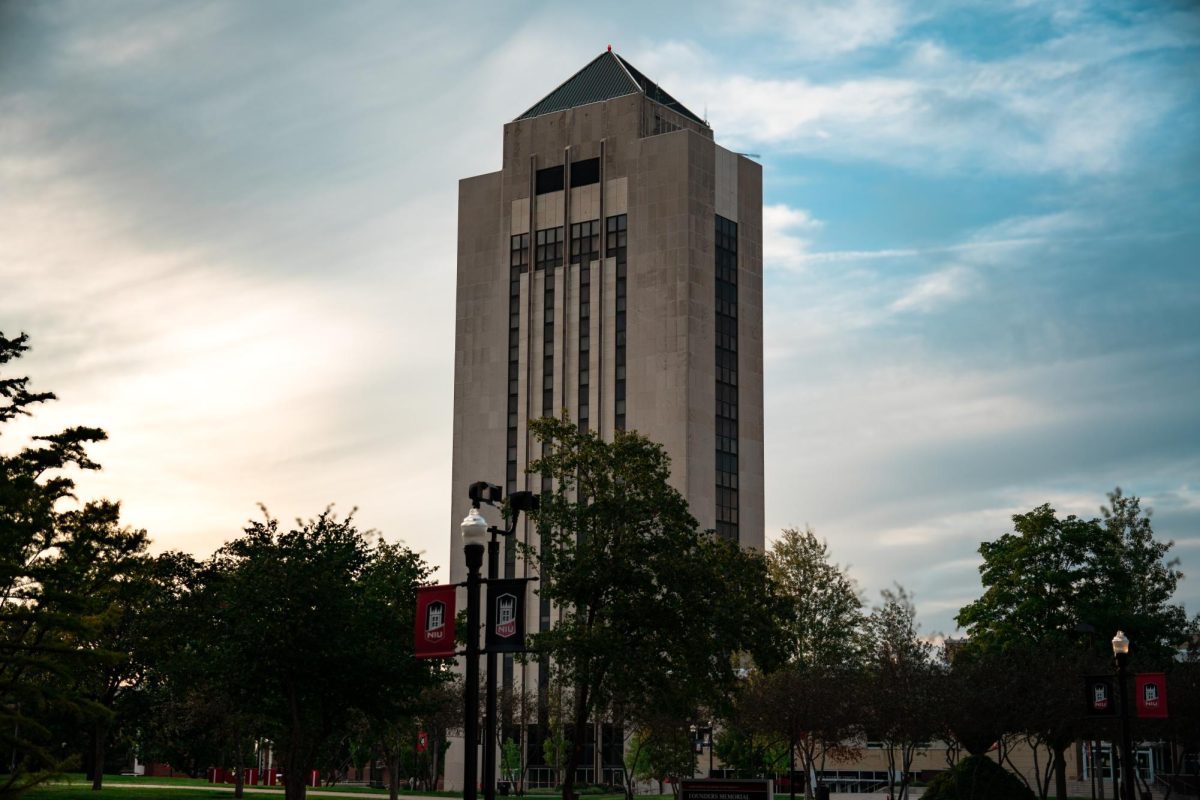The history department hosted its 21st annual W. Bruce Lincoln Endowed Lecture Thursday in Altgeld Hall, honoring the legacy of the late professor.
The lectures are presented by distinguished scholars, who discuss topics relevant to academia and the public.
This year’s lecture was presented by Ussama Makdisi, a professor of history at the University of California, Berkeley. Makdisi, who specializes in Palestinian and Arab studies, is an award-winning author of four books that center around the rich and complex cultural and colonial foundations of the modern Arab world.
Makdisi also won the Berlin Prize in 2018, an award given by the American Academy in Berlin to scholars each year.
This year’s lecture focused on Makdisi’s forthcoming book titled “Last Colonialism: From Paris to Palestine in 1919,” which explores how Western colonial diplomacy in the 20th-century led to the divide of empires of the Arab East in the name of self-determination. This also discusses how self-determination led to the currently unfolding conflict in Palestine.
The Palestinian conflict began when the UK agreed to the establishment of a “national home” in Palestine for Jewish people. This was called the Balfour Declaration. This created tension between the Jewish and Arab population. Although the current conflict began in response to an attack by Hamas, the conflict is still rooted in decades of political issues.
The lecture began with the initial vision of self-determination for the Arab region that came from former U.S. President Woodrow Wilson after the collapse of the Ottoman Empire in Turkey. Makdisi then discussed that one of the reasons that led to World War I was the need for power from imperial leaders.
“Wilson, despite his own domestic questions, his own support for segregation in the United States, understood perfectly well that one of the reasons that had led to the Great War, as the first World War used to be known, was precisely this imperial scramble for power and for colonies that had sort of devastated the European balance of power,” Makdisi said.
Later in the lecture, Makdisi brought up the King-Crane Commission. This commission was sent to the former Ottoman Empire to survey the people’s opinion in Syria, Palestine and Anatolia regarding their political future after World War I.
Makdisi explained the findings called for Arab unity, ideally under the leadership of King Faisal.
Toward the end of the lecture, Makidisi discussed how self-determination could shape the way conflicts are handled in the future.
“The whole idea of self determination, quote, unquote, as articulated by the Western powers assembled in Paris, was, of course, that it was never meant to be self determination,” Makdisi said. “The whole point of the native, non-western self was not a proper, true national self.”
Makdisi concluded the lecture by noting that the history of colonial diplomacy still shapes the way conflicts are handled in the Middle East today.
“I think it’s important to understand that this was the non-western, I would say, anti colonial understanding of self-determination, as opposed to this earlier iteration of self-determination, which was profoundly hierarchical, conditional and coercive.”


